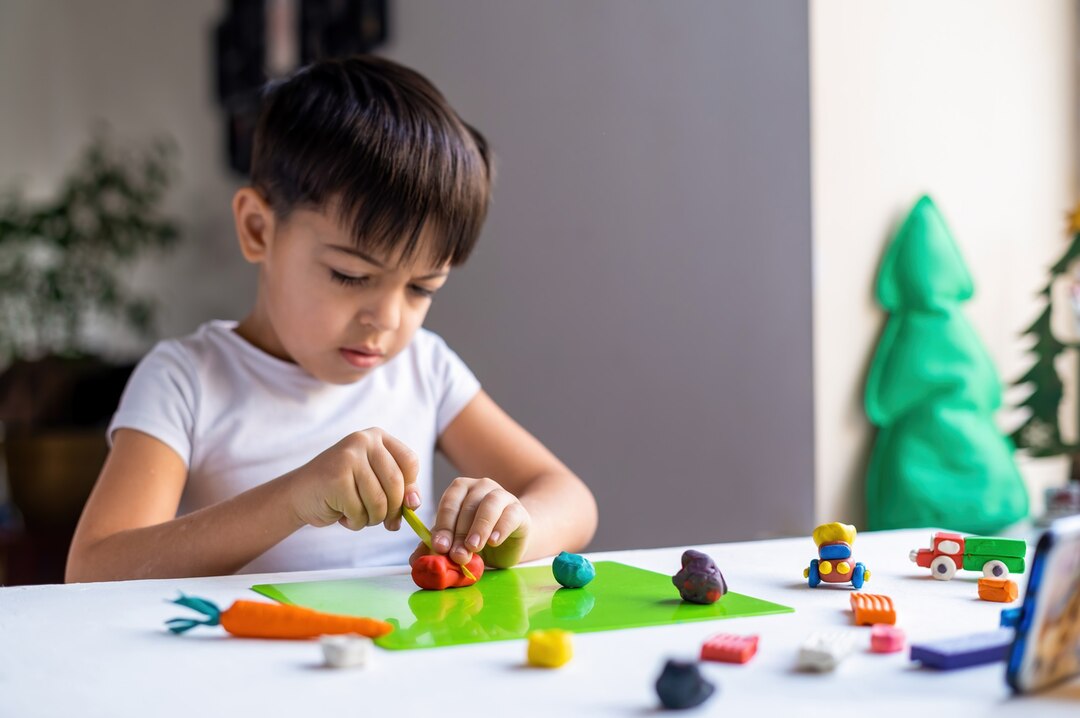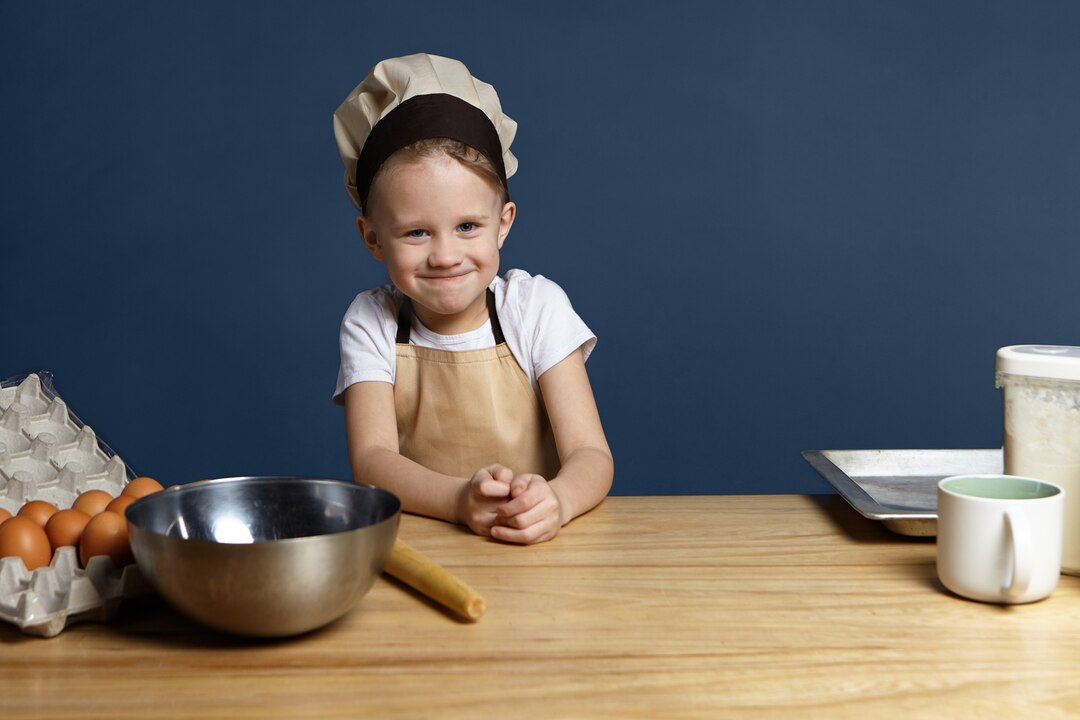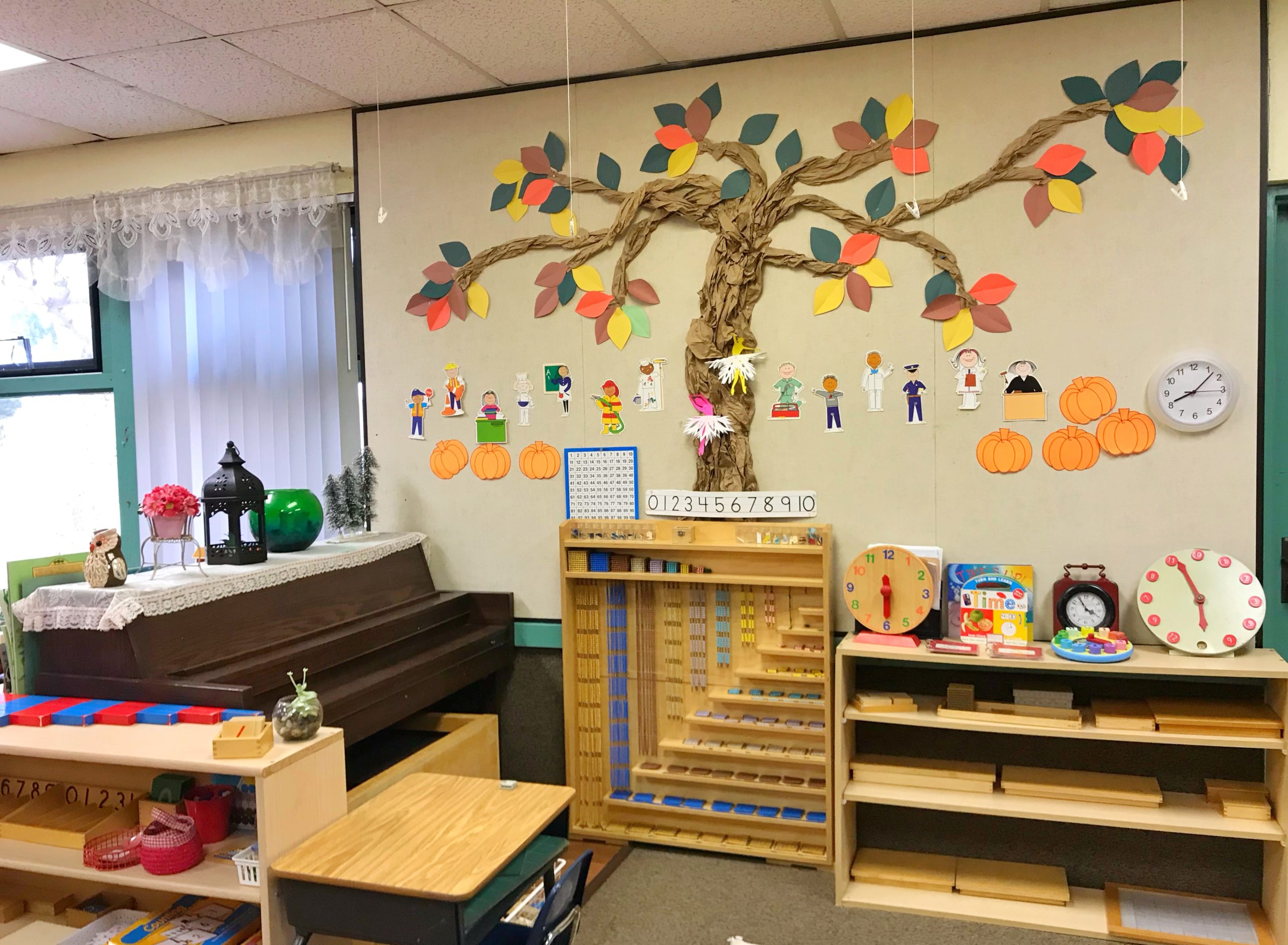
At Central Montessori Schools, we believe in the power of the Montessori Method to help children grow into independent, capable individuals. Everyday tasks like getting dressed, brushing teeth, or washing hands can become meaningful learning opportunities that build confidence and self-reliance.
Dr. Maria Montessori emphasized that one of the most important goals of her educational method is to foster independence in young children. By encouraging children to take part in daily routines from an early age, we help them grow into self-sufficient and functional adults.
There are many activities and games children can do at home to develop this autonomy. At CMS, we support this growth by creating a structured yet flexible environment where each student can choose their workspace, organize their supplies, hang their sweaters, and feel truly at home.
What Kind of Activities Build Independence?
Montessori highlighted the importance of presenting everyday tasks as playful and engaging rather than as obligations. When children see these tasks as enjoyable activities rather than chores, they are more likely to approach them with excitement instead of resistance.

Here are a few simple, practical ways you can help foster independence at home:
- Getting Involved in the Kitchen
Although the kitchen can feel like an off-limits area for safety reasons, it can also be a great place for children to learn responsibility. Kids can start by washing their own utensils, cleaning fruits and vegetables, or even learning to peel and chop ingredients with age-appropriate tools.
To make this safe and fun, consider setting up a mini functional kitchen space designed just for them.
- Caring for the Environment
Children love to feel like they are making a difference. Invite them to help care for the planet through small but impactful tasks like sorting recyclables, watering plants, feeding pets, and learning to reuse or donate items they no longer use.
You can make these tasks even more fun with songs or challenges that encourage participation.
- Practicing Personal Care
Learning to care for oneself is a big step toward independence. This journey often starts when a child transitions out of diapers and begins using the toilet on their own. If you are navigating this stage, check out our article “How to Remove the Diaper without Tears?” for practical, gentle tips.
Beyond potty training, children can learn to dress and undress, brush their teeth, wash their hands, comb their hair, and choose their outfits. Depending on their age, they might even start taking supervised showers or baths.
Why Is Autonomy So Important?
Supporting autonomy helps children grow into confident, self-sufficient adults. Experts say that children who develop independence early on are more likely to be helpful, self-aware, and secure in their abilities.
They also tend to have higher self-esteem, not because they think they are better than others, but because they grow up in environments that nurture their skills and recognize their potential.
Final Thoughts
The Montessori Method is a powerful way to encourage independence starting in early childhood. Its flexibility allows families to easily incorporate practical learning through play and real-life tasks—from self-care and environmental responsibility to helping out in the kitchen, which, while often seen as a high-risk area, can become a wonderful learning space when introduced thoughtfully.
Remember: Montessori encourages children to choose their activities freely. The idea is not to pressure them but to trust in their natural desire to learn and grow.
At Central Montessori Schools, our trained educators create nurturing, purposeful classrooms where children can develop at their own pace. If you are curious to learn more, reach out to our team—we would love to help you find the right path for your child.




